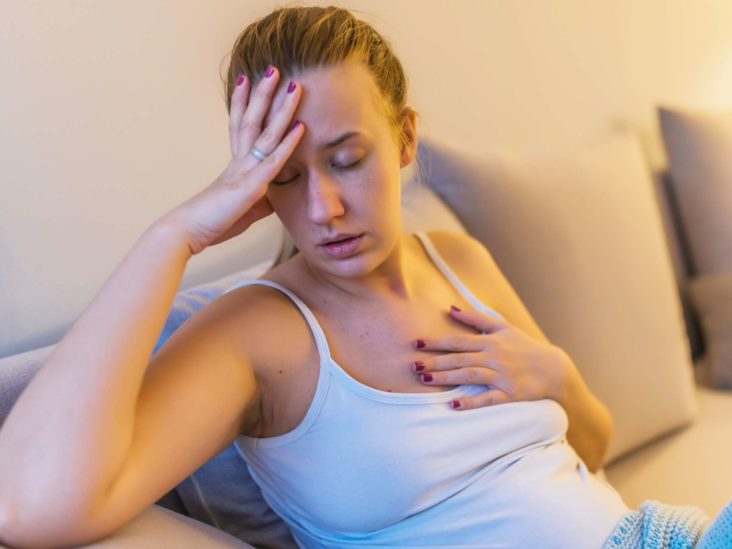

Patients “sometimes complain of chest pain from coughing,” says Richard Watkins, M.D., an infectious disease physician and professor of internal medicine at the Northeast Ohio Medical University. Shortness of breath or difficulty breathing.Here’s what the CDC currently lists as the main symptoms of COVID-19: What are the “official” symptoms of COVID-19? Here’s what you need to know about chest pain as a possible symptom or side effect of COVID-19, what it can mean, and when to see your doctor it. Is chest pain a common symptom of COVID-19?

While chest pain isn’t on the CDC’s list of COVID-19 symptoms, it’s listed as a “serious symptom” of the virus by the World Health Organization (WHO), along with difficulty breathing, shortness of breath, chest pressure, and loss of speech of movement.

The WHO recommends that you “seek immediate medical attention” if you experience any of those symptoms.ĭr. Watkins adds that, while chest pain can occur in COVID-19 patients, it is “not a frequent symptom” so far. Why does COVID-19 sometimes cause chest pain? One July report from the CDC found that 35% of 164 confirmed COVID-19 patients reported feeling chest pain or discomfort after testing guidelines were expanded on March 8. Not everyone with COVID-19 will have chest pain but it’s “not surprising” that someone might experience it, says infectious disease expert Amesh A. He says there are a few reasons why COVID-19 could cause chest pain: Adalja, M.D., senior scholar at the Johns Hopkins Center for Health Security. You have a pulmonary embolism, which happens when a blood clot breaks loose and travels through the bloodstream to the lungs, per the National Institutes of Health (NIH).Your lungs are inflamed or infected, and that alone can cause chest pain, Dr.You have pneumonia, which can be a complication of COVID-19.“That can cause muscles to tear and ribs to break,” Dr. That can restrict blood flow to the lungs and even be deadly. Research has found that COVID-19 patients are at an increased risk of pulmonary embolisms, Dr. What does chest pain due to COVID-19 feel like?Ĭhest pain linked to COVID-19 can feel a little different, depending on what’s causing it. “If it’s because of a rib fracture, it could be very sharp pain and the area could feel tender to the touch,” Dr. But if it’s due to muscle strain, you could have sharp pain that’s worsened by movement, he says.Ĭhest pain from coughing often feels like “general soreness around the chest,” adds Shobha Swaminathan, M.D., an associate professor of medicine at Rutgers New Jersey Medical School. If pneumonia is behind your chest pain, you may only feel uncomfortable when you take deep breaths, Dr. Experiencing chest pain on its own doesn’t automatically mean you have COVID-19.Ĭhest pain can be a symptom of many different things, ranging in severity from anxiety to pulling a muscle in the area to struggling with a lung or heart condition. “If you have chest pain, it could be your heart, some other lung problem, it could be musculoskeletal, it could be the esophagus-it could be a lot of different things,” says Raymond Casciari, M.D., a pulmonologist at St.


 0 kommentar(er)
0 kommentar(er)
